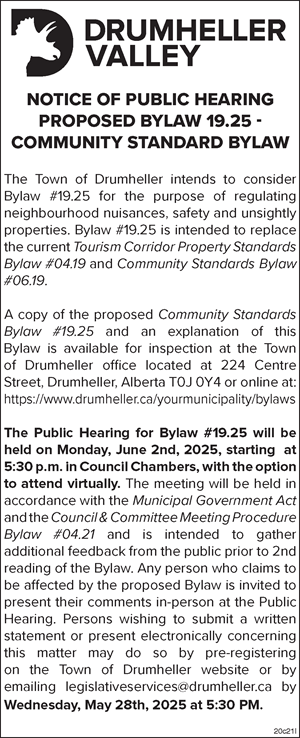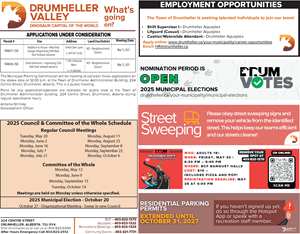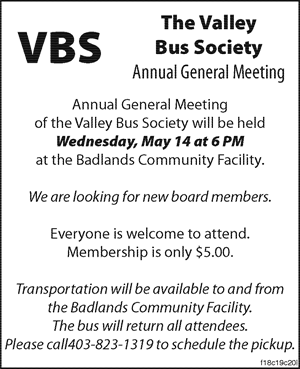Dear Working Wise:
I’m paying my staff a lot of overtime, because business has picked up and I’m having a
hard time hiring more qualified people. Can I give my staff “time in lieu”? Can I limit
how much or how long can my staff keep their earned overtime? Signed, Overwhelmed by
Overtime.
Dear Overwhelmed:
For most employees, overtime is all hours worked in excess of eight hours a day or 44
hours a week. Overtime is calculated both on a daily and weekly basis. The higher of the
two numbers is overtime hours worked in the week.
Some types of employees are exempt from the hours of work and overtime standards.
Farm workers, domestic employees, salespeople, professionals, police, and managers are
a few examples.
For all other employees, overtime must be paid at the rate of at least 1.5 times their
regular wage rate. The only exception is when the overtime is accumulated under an
overtime agreement.
Overtime agreements allow employers and employees to replace overtime pay wholly or
partly with paid time off.
An overtime agreement allows overtime hours to be banked and later taken off with
pay during regular work hours. There are a number of rules that apply with respect to
overtime agreements:
•
The agreement can be between an employer and a single employee, with a group of
employees, or the agreement can be part of a collective agreement.
•
Overtime hours are calculated the same way under an overtime agreement as they
would be if overtime pay is to be paid at time-and-a-half.
•
The Code requires an overtime agreement to be in writing. Employers must give
employees who are covered by an overtime agreement a copy of the agreement.
Time off must be taken within three months of the end of the pay period in which the
overtime was earned.
•
•
If banked time off is not taken off within three months, then it must be paid out at
time-and-a-half.
Employers can not create a “use it or loose it” type rule for banked overtime. Overtime
can not be lost or taken away even if your overtime agreement says that it can. The
employer must keep track of the banked overtime and how long it has been in the bank.
However, the employer can tell the employee when to take their banked time off.
Employers with special circumstances, e.g., seasonal industries, may apply to
Employment Standards for a permit to extend the period of time that overtime can be
banked.
Check out the Overtime and Overtime pay section under Alberta’s Standards at:
www.employment.alberta.ca/es for more information on overtime and overtime
agreements – including sample agreements you can follow to create your own agreement.
For more information on Alberta Employment Standards or how to apply for an
exemption permit:
Call: 1-877-427-3731
Visit: www.employment.alberta.ca/es
Learn: take the free online Employment Standards course for employers and employees
available on our web site under Education & Promotion.
Do you have a work-related question? Send your questions to Working Wise, at
charles.strachey@gov.ab.ca. Charles Strachey is a manager with Alberta Human
Services. This column is provided for general information.























